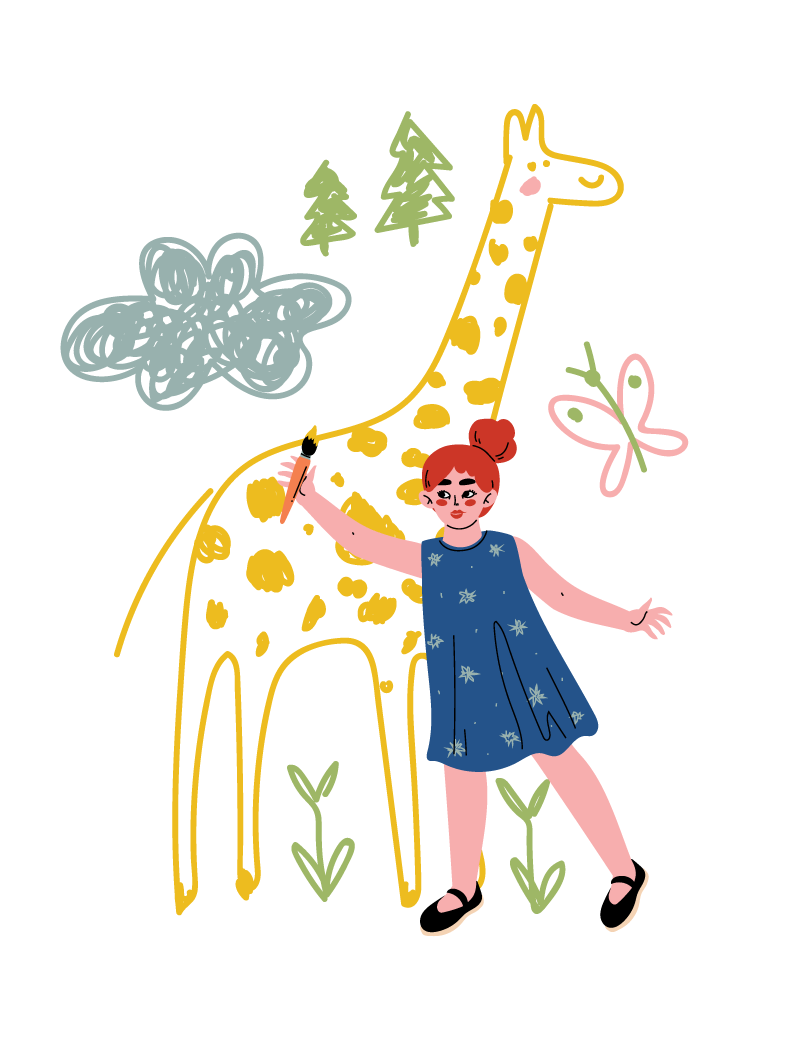THE CENTRE FOR ARTS AND SOCIAL TRANSFORMATION (CAST) was established as the result of a generous gift from the Chartwell Trust in 2019. The Centre researches how the arts have the potential to make a more socially just and equitable world through improving the quality of life of all citizens. The Centre is outwards focused and builds relationships with educators, artists, activists, policy makers and communities to research the power of the arts for social transformation.

Te Rito Toi Mission
TE RITO TOI HELPS TEACHERS reconnect with and support children when they return to education following a distressing trauma event or experience. Te Rito Toi provides research and trauma-informed practical learning experiences and activities to help children express emotions in a healthy way, engage their imagination to make sense of distressing experiences. Te Rito Toi helps children to engage with the joy, possibility, and beauty of the arts and the wonder of learning. Te Rito Toi is based on research confirming that the arts are uniquely placed to lead a return to productive learning after crisis.
Te Rito Toi Philosophy
AT THE HEART OF TE RITO TOI is the idea that education must help children make sense of the present while also giving them tools to care for themselves and imagine a better future. Based on international research that confirms the central role of the arts in meaning making and the renewing of hope, Te Rito Toi positions the arts at the centre of children’s return to education following traumatic experiences.
